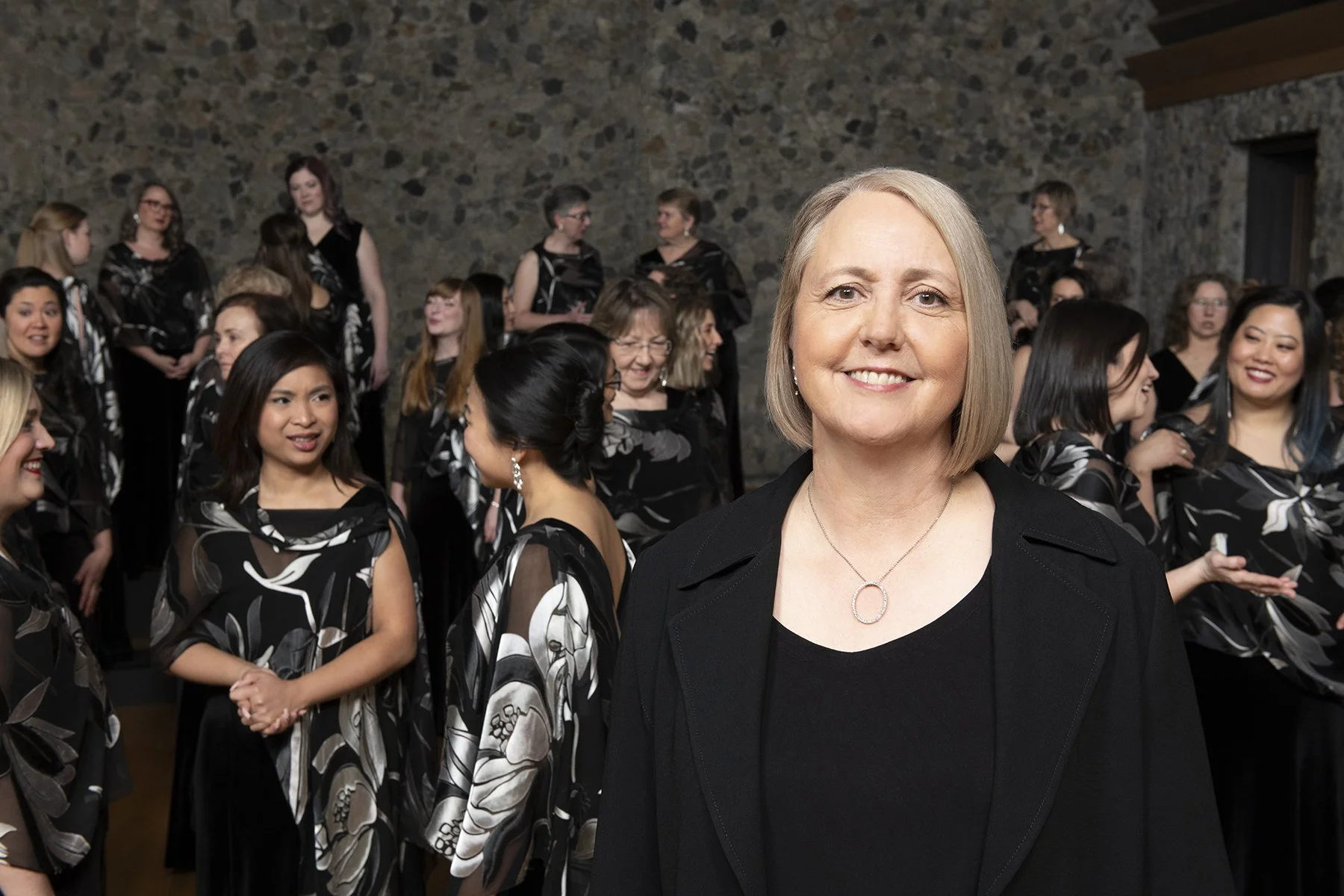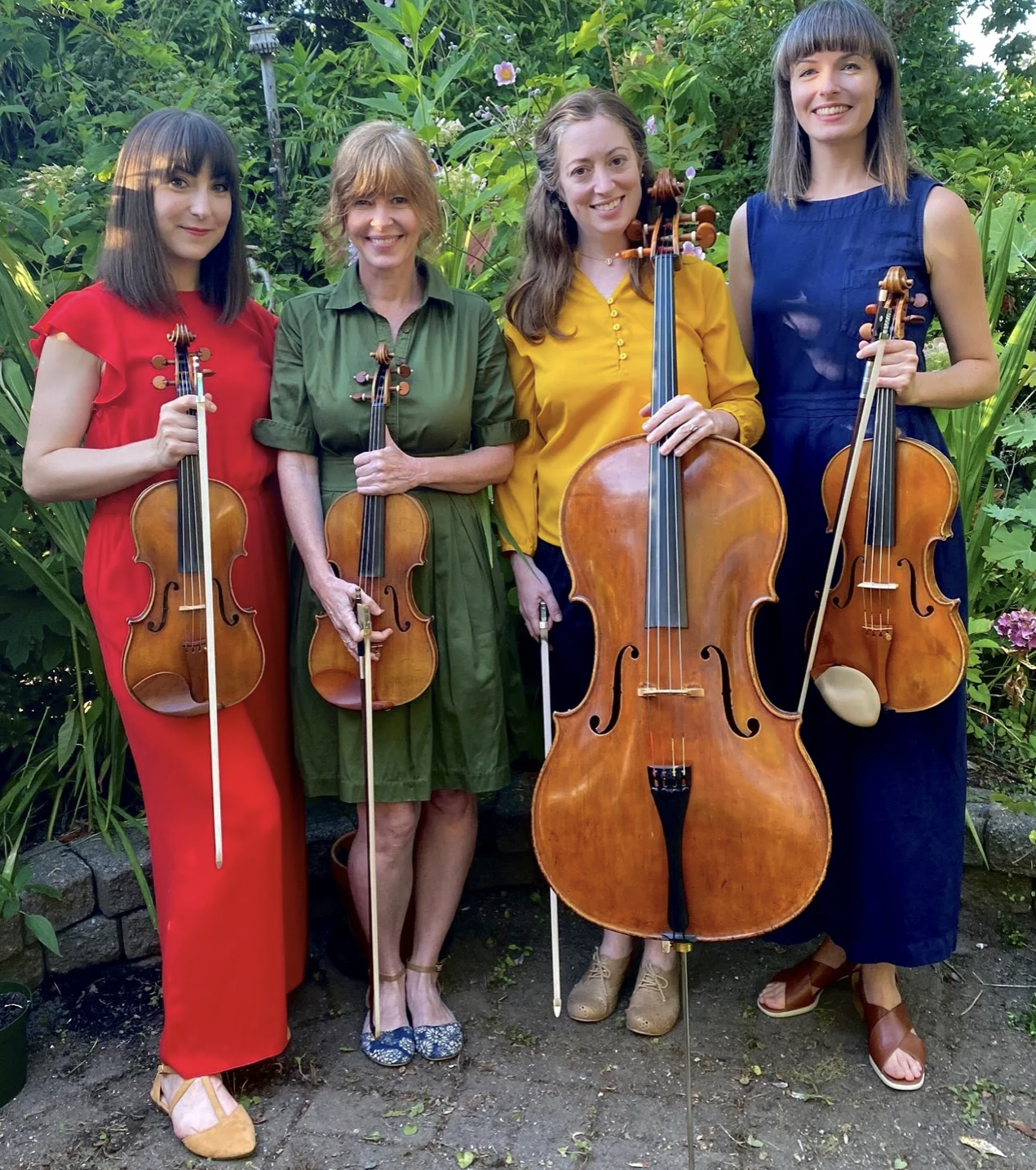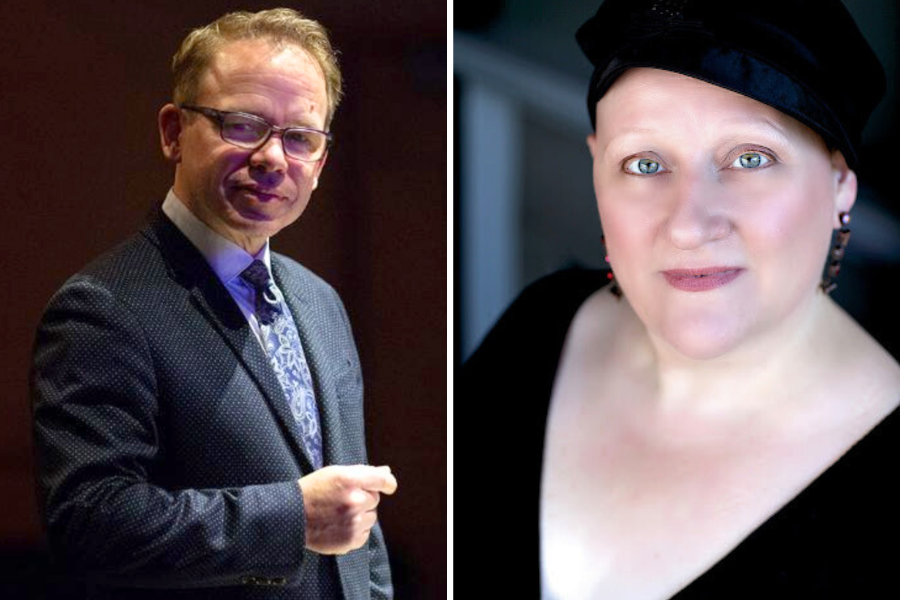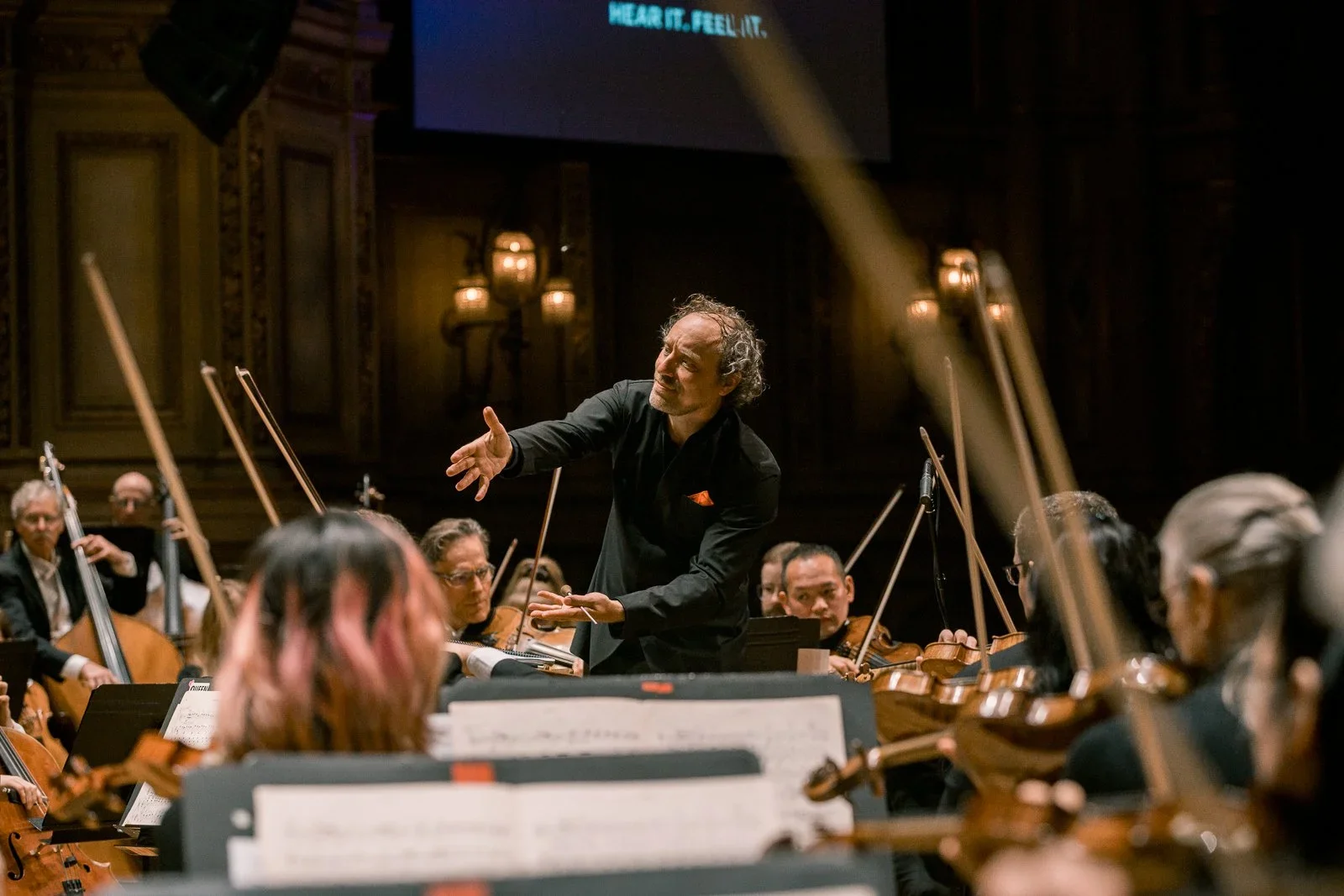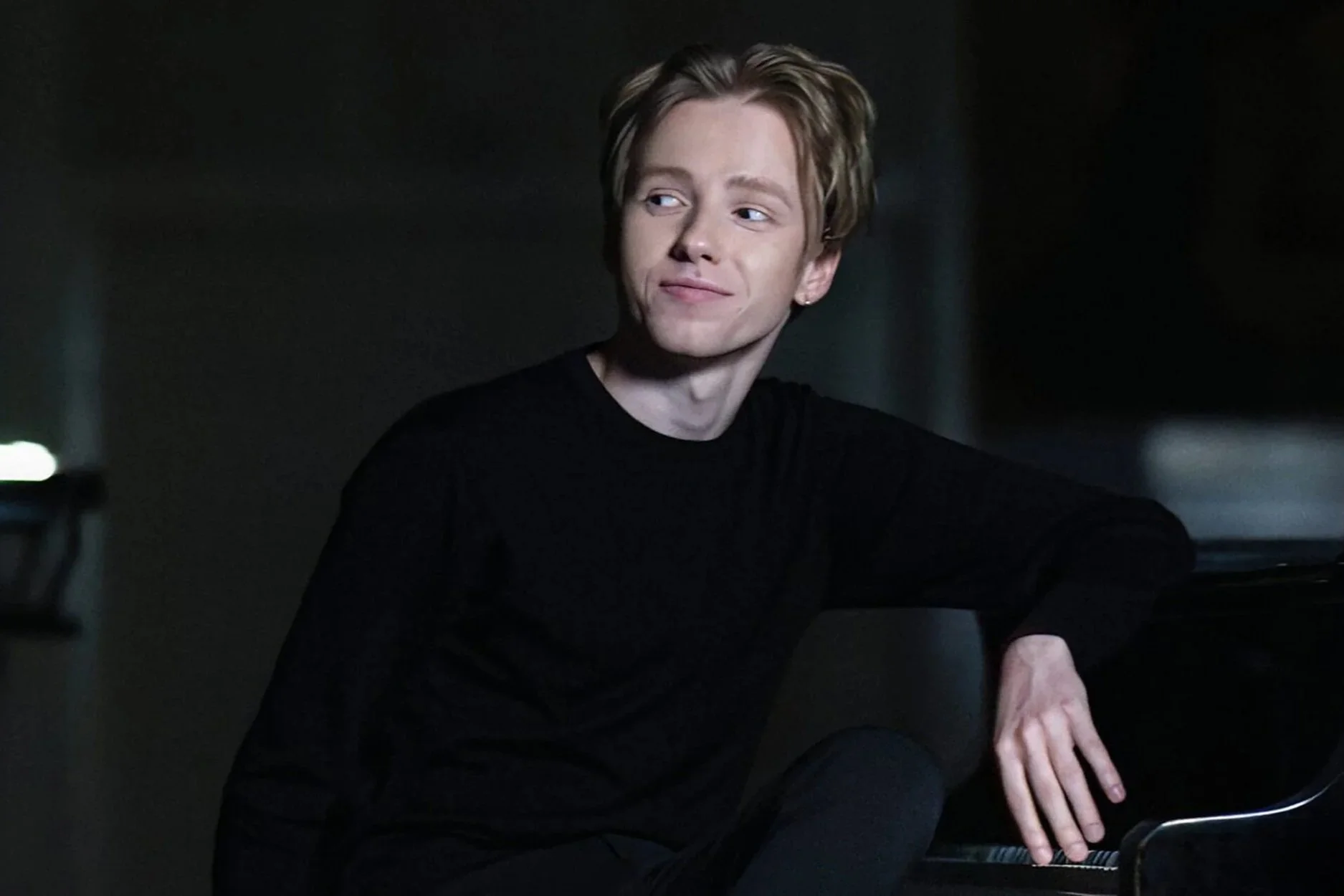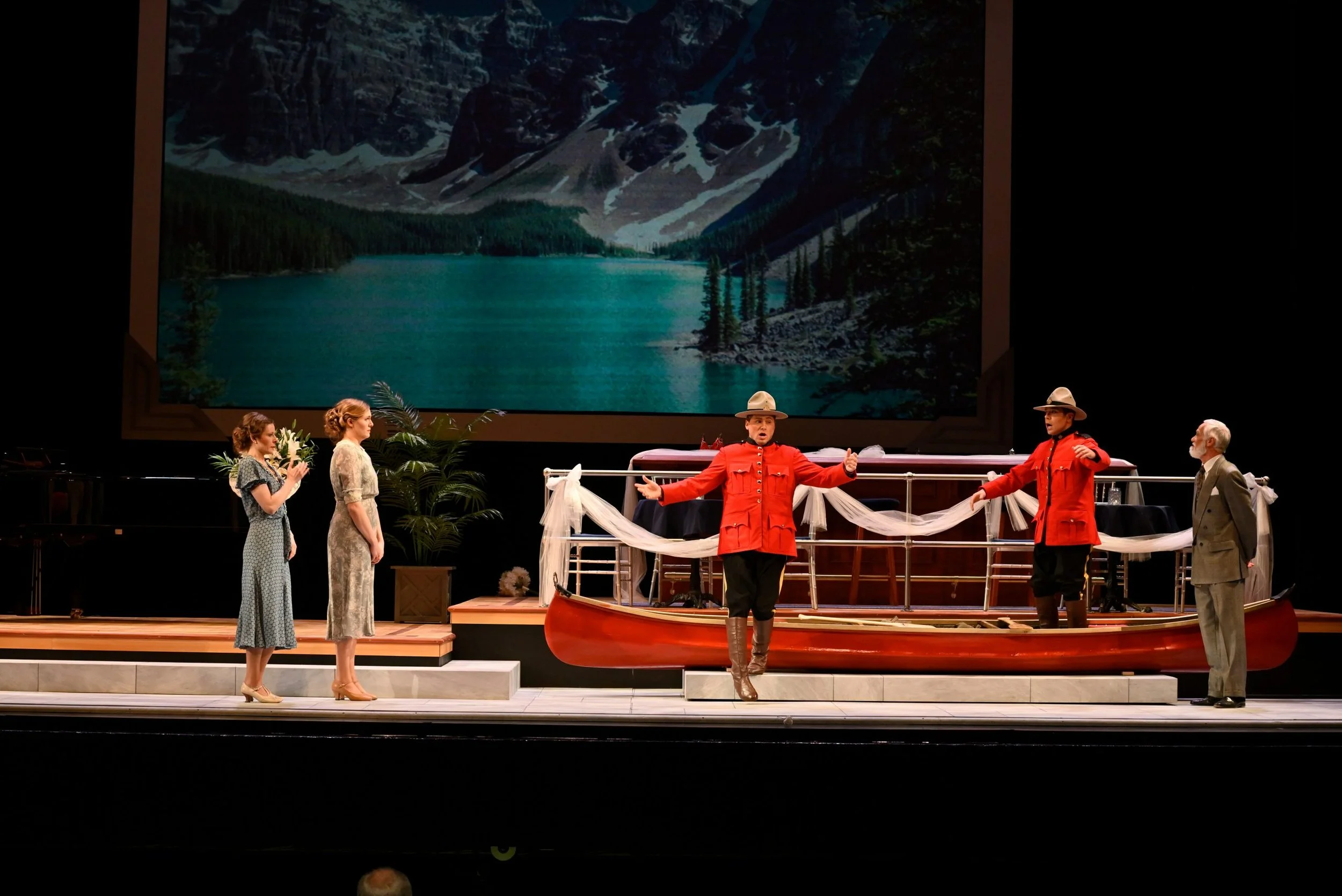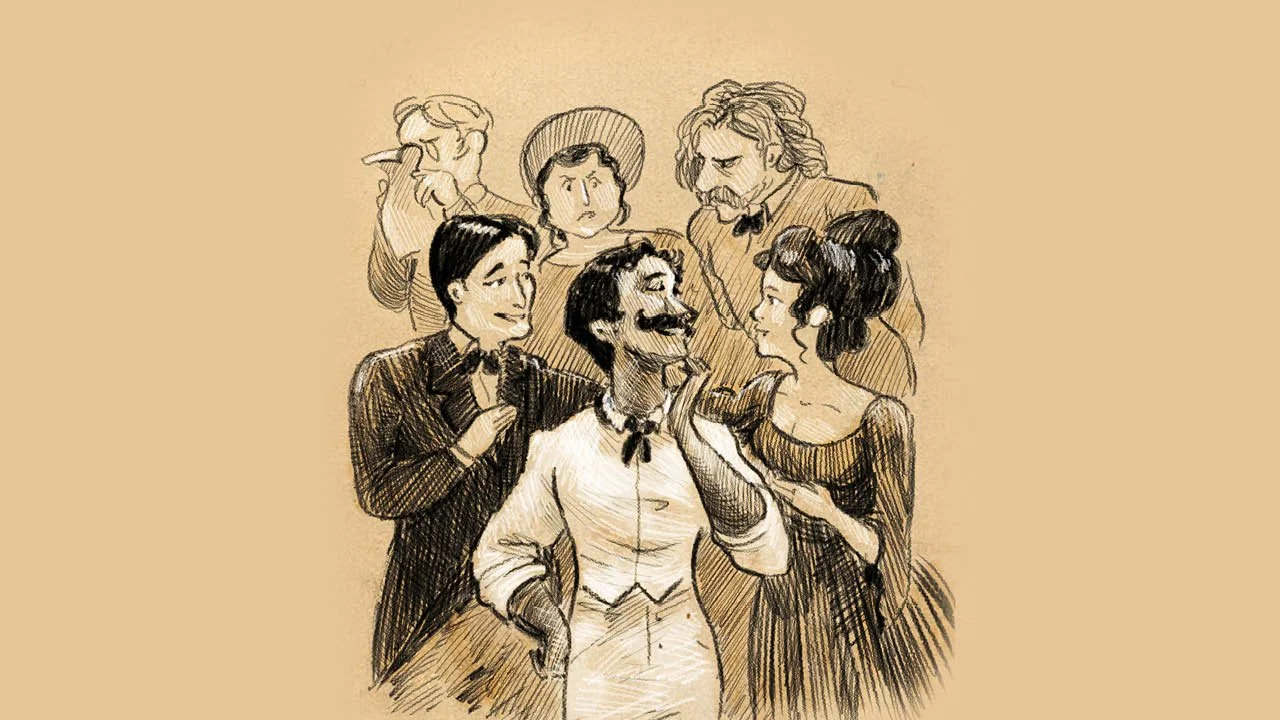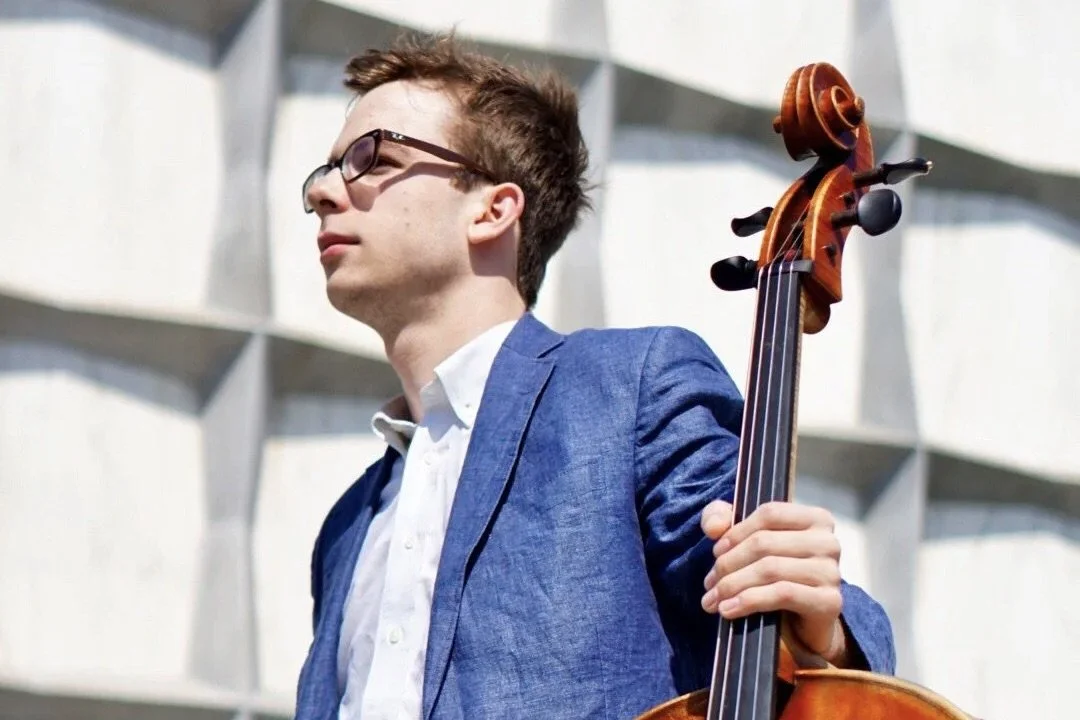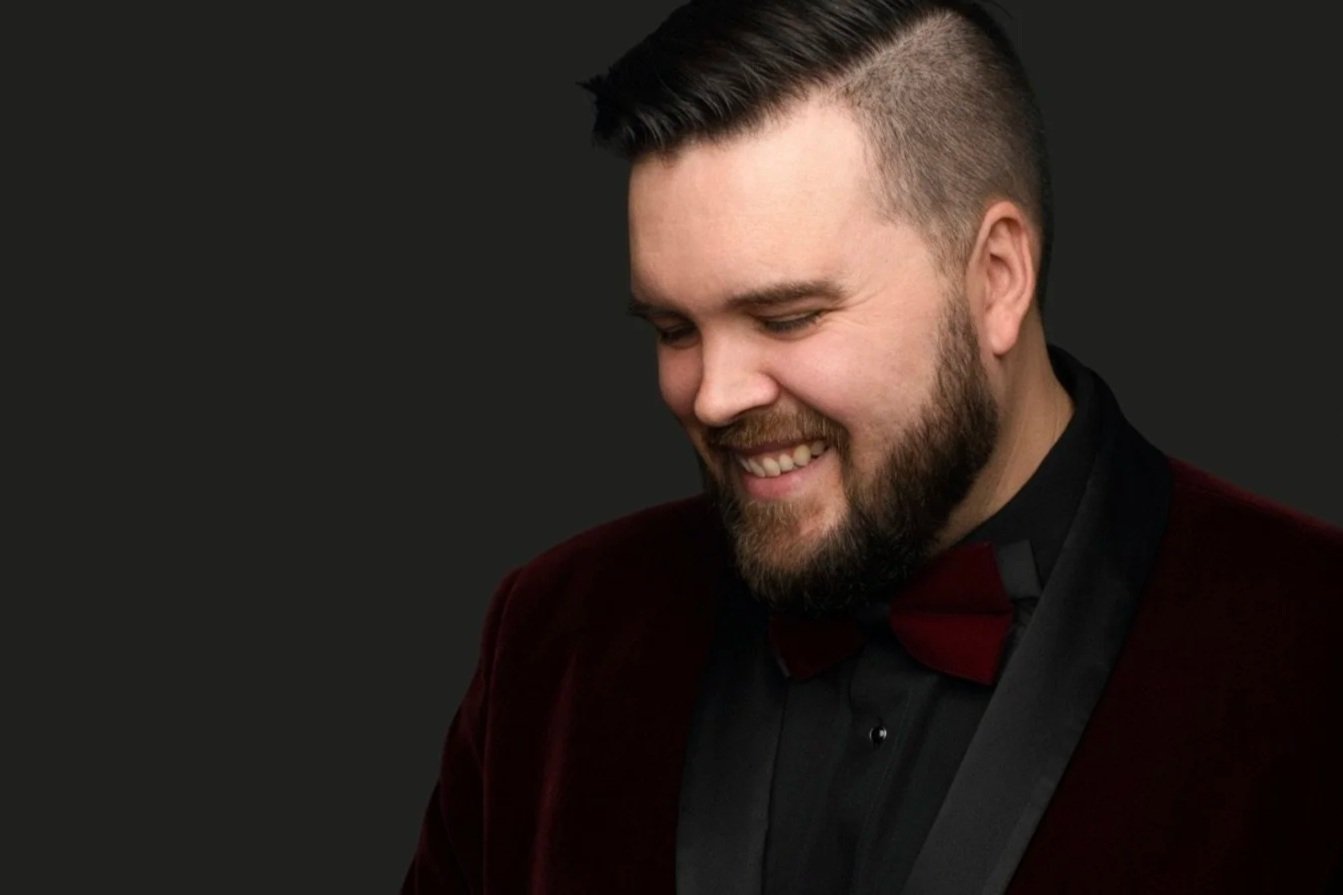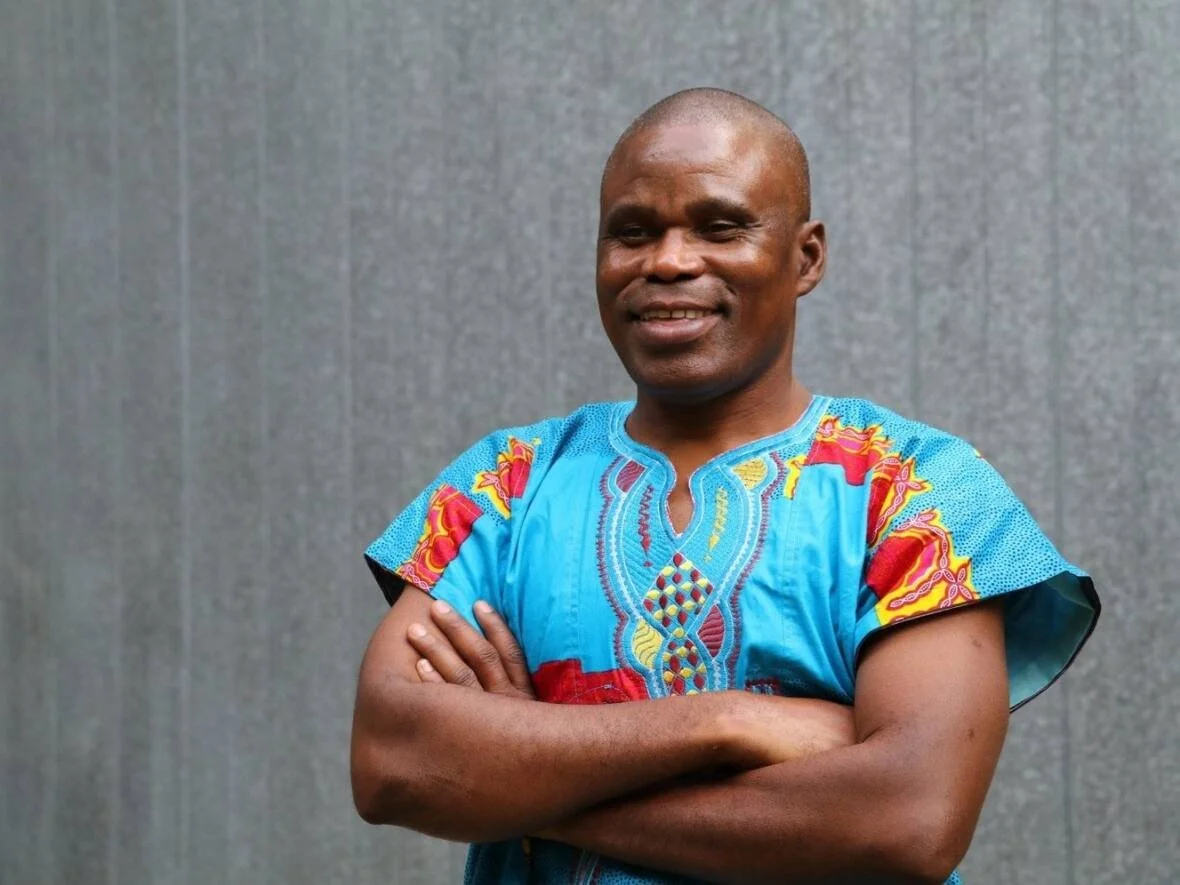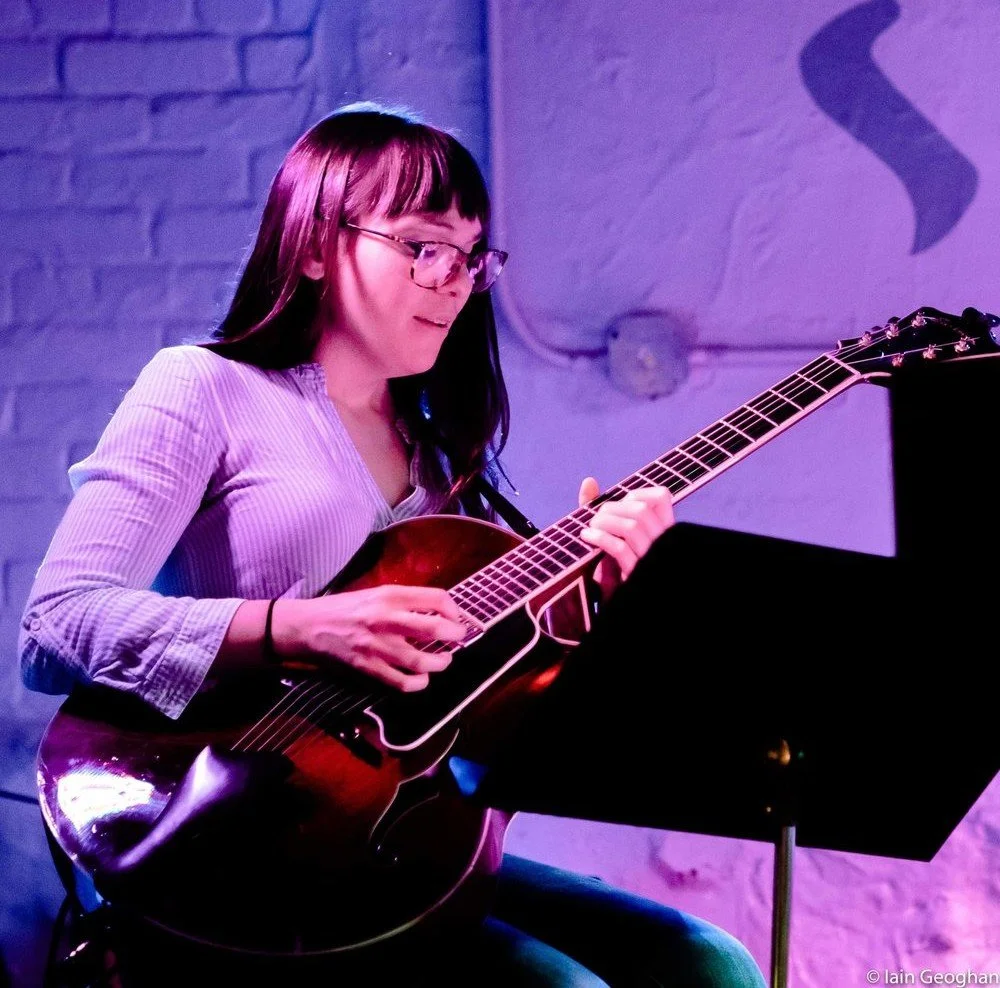Elektra Women's Choir, Sitka String Quartet unite in dreamy Lake of Stars
The concert features world premieres and other compositions that celebrate nature and life
Morna Edmundson of Elektra Women’s Choir.
Elektra Women’s Choir presents Lake of Stars with Sitka String Quartet on May 14 at 7:30 pm and May 15 at 3 pm at Pacific Spirit United Church (2205 West 45th Avenue)
EVERY NOW AND THEN, the stars align, or so it seems. That’s very much the case with Elektra Women’s Choir’s upcoming spring concert. Lake of Stars will see the ensemble of 38 singers join forces, for the first time, with Vancouver’s all-female Sitka String Quartet: violinists Cassandra Bequary and Karen Gerbrecht, violist Emilie Grimes, and cellist Olivia Blander. The program features several works, including three world premieres, that celebrate life and nature, a throughline that came together as organically as the deepening of dusk.
In an interview with Stir, Elektra artistic director Morna Edmundson says that the starting point was the world premiere of the title piece by Argentina’s Santiago Veros, which is based on a poem by Charles Anthony Silvestri. The dramatic, pandemic-inspired composition (a collaboration between the composer and choirs from Canada and the United States) is dotted with references to the natural world, including stars in the night sky and water, and speaks to finding hope through darkness, to the idea of turning a corner.
From there, Edmundson—an esteemed choral conductor who’s also a mentor, advisor, and arts administrator—wanted a piece for the Sitka String Quartet to play on its own. Invited by the quartet to explore the repertoire of the Danish String Quartet, she landed on Shore by Fredrik Sjölin, a “folk-fantasy” inspired by the coastline and hundreds of islands that form Denmark.
Snewíyalh tl’a Staḵw (Teachings of the Water) by Métis composer T. Patrick Carrabré, director of the UBC School of Music and Chan Centre for the Performing Arts, illustrates how, in Indigenous cultures, water teaches us about relationships. Conceived by ethnomusicologist Jeanette Gallant, the ground-breaking collaboration with Squamish and Interior Salish educators features text in the Squamish language that was chosen, gifted, and taught to Elektra by Rebecca Duncan. The five-movement piece explores relationality in the natural world, birth, ceremony, song, and identity. For its world premiere, Squamish educator Candice Halls-Howcroft will introduce each teaching. (A video version of the project is to be released in June.)
Sitka String Quartet.
Rounding out the program—which also features flautist Heather Beaty and bassist Yefeng Yin —are Two Shakespeare Songs (world premiere) by Stephen Smith, based on texts from As You Like It; Vesi väsyy lumen alle by Harri Wessman; Night by Ramona Luengen in a new version with string quartet; The Dromer and Kisti du Kom, arranged by the Danish String Quartet; and the evocative Starry Night by Aleksandra Vrebalov. Then there’s Marie-Claire Saindon’s atmospheric Blinded by a Leafy Crown, which starts “One by one, like leaves from a tree, all my faiths have forsaken me; But the stars above my head burn in white and delicate red. And beneath my feet the earth brings the sturdy grass to birth.”
“All of these fabulous themes just came together,” Edmundson says. “When that happens, I can anticipate what the trajectory of the experience is going to be for the choir and for the audience. It’s not an exact science—it’s very subjective—but I’ve learned to trust when it’s right.”
And what might that experience feel like? “I’m always hoping that people will be put in a thoughtful place where I’m not trying to manipulate how they’re supposed to feel. I’m trying to create a space where they can be in the moment and experience the music as it unfolds.”
Elektra, Edmundson says, couldn’t be more excited to be performing with the Sitka String Quartet. Formed by friends and colleagues in the Vancouver Symphony Orchestra after years of playing together, the group explores quartet repertoire across multiple genres. As an ensemble and individually, the artists have performed throughout Europe, Asia, and Australia and in parts of the Middle East. The chamber musicians have worked with or studied under the Guarnari String Quartet, Tokyo String Quartet, Takacs Quartet, St Lawrence String Quartet, and Pinchas Zuckerman, among others. They use their performance platform to support social justice organizations, currently donating a portion of concert proceeds to the Girls Opportunity Alliance, which supports young women around the world by giving them opportunities to further their education. Edmundson discovered the ensemble during the pandemic.
“When considering guest artists, I’m always looking around at who is a unique voice in our community and who would bring a symbiotic energy to the collaboration," Edmundson says. “With making our way virtually and online for so long, rehearsing and performing in that two-way dialogue is something we all need right now.”


